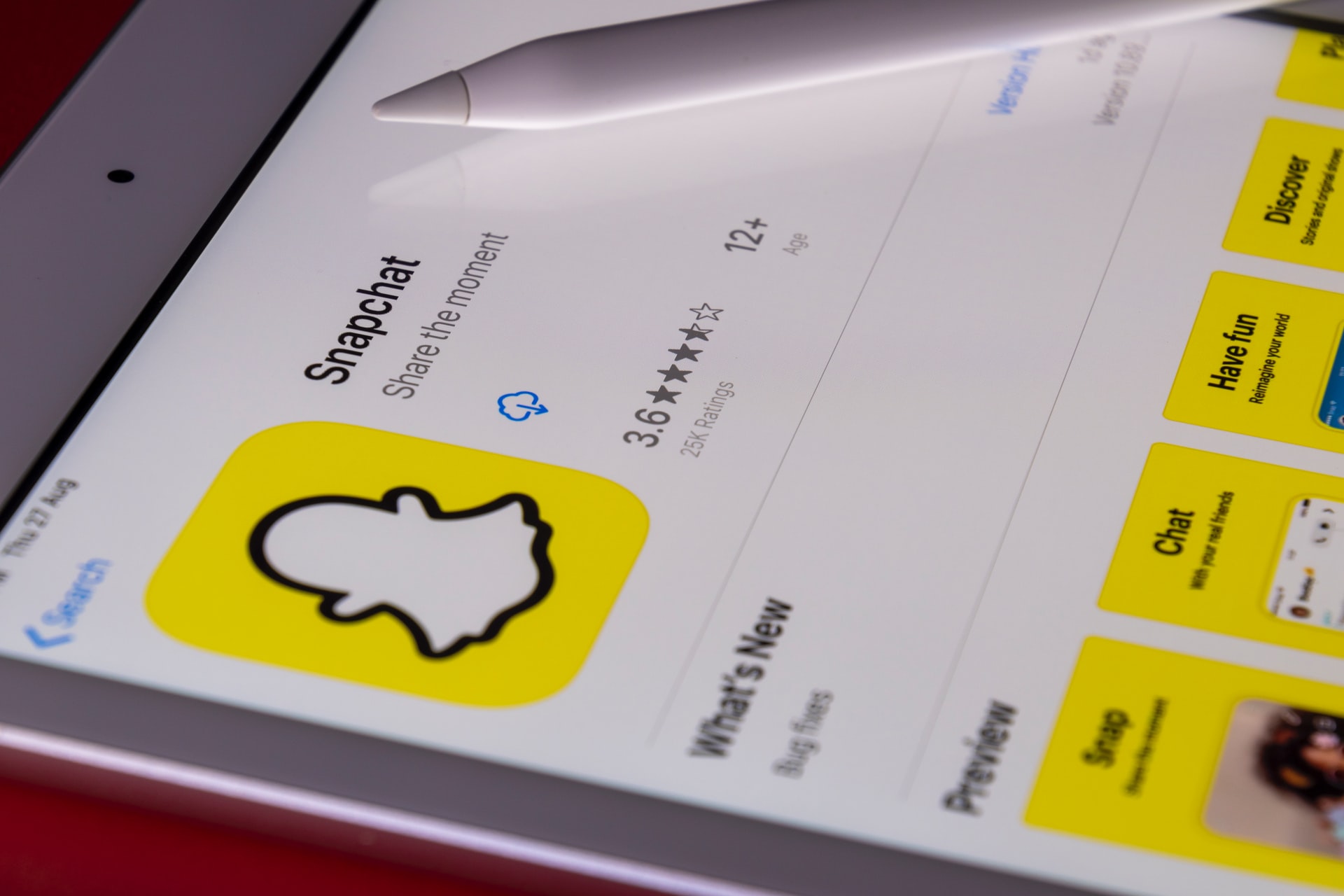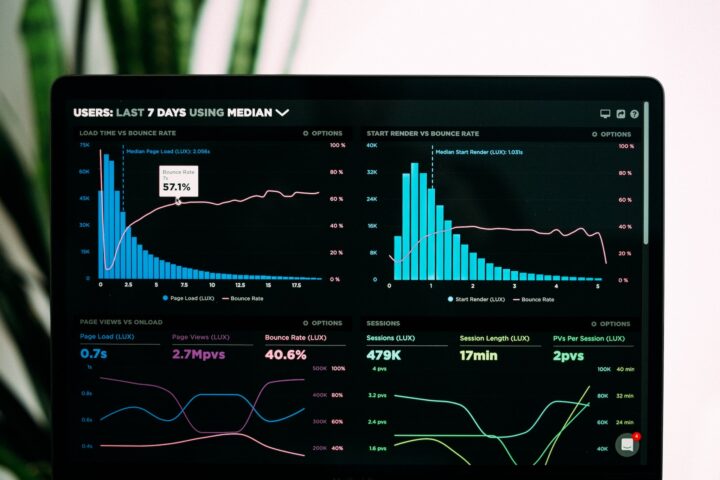As you surf the Internet, sites such as Facebook or Snapchat are collecting data about how you interact with them and how long you view their pages. Sometimes this data is useful, but there is a downside to social media: it’s exposing your information to prying eyes.
If someone wants to find out how to log into someone’s Snapchat, they just need to look on Google and they might find how to do it without even asking for help or paying any money. This may be frustrating, and here are some ways how to protect your data on social media.
If you’re concerned about how much of your personal data is exposed online, there are some simple measures you can take: delete your activity on popular websites and review how apps access your account.
Delete Your Activity
Use the “Activity Log” settings to see how many times you’ve visited a website and how often each site has reported back to its owner (such as Google or Facebook). Apps that post updates for you or access contacts or location can make you vulnerable when you use social media.
“You do not want a stranger to be able to see how many times a day you log into Facebook,” said Robert Siciliano, Cyber Security Expert for Hotspot Shield VPN . “They can just open your page and have all of that information.”
Siciliano says deleting your activity is simple: go to the website where you have an account and delete what you’ve done in the past. You can also get more control over how apps access your account by going through each one’s settings. If it does not need access to certain information, such as location data or contacts, take it out so no one else has access either.
Review How Apps Access Your Account
Log into Facebook.
Click on the lock icon in the top right corner of your browser window and click “See More Settings.”
Click “Apps” on the left side of the new page that pops up.
Review how many apps have access to your data by clicking on each one’s permission setting (if you want to delete an app, simply click “Remove App” under its settings).
Manage How You Connect To Wi-Fi Hotspots
Hotspot Shield VPN provides a virtual private network which allows users to browse websites safely through encrypted data exchanges. Siciliano says browsing via public WiFi can put your personal information at risk. Sites like Facebook use an HTTPS connection , but others, like email websites or online banks do not.
“Think of HTTPS as a lock for your browser, that way no one can see what you are typing in the website,” he said.
Once Hotspot Shield is installed, users will have to launch it first before they start browsing. When their web session ends, the app will also close.
Once You Login To Social Media, Be Careful What You Share
When logging into social media accounts such as Facebook or Twitter via WiFi hotspots, provide only necessary information like how much data you want to share and how often you want to be notified about new messages. This prevents hackers from obtaining more personal stuff like birthdays and relatives’ names who may be using the same network connection at home. “If someone were to get a hold of your password, they would have access to all of these details about you and they could use the information in a variety of different ways,” says Samani.
Avoid Third-Party Apps On Social Media Sites
Before clicking on links found on social media sites, make sure that they come from trusted sources such as news outlets or friends’ profiles. Otherwise, users might be tricked into downloading malware that hides itself inside an innocent-looking app with popular logos. “Hackers can build fake websites and apps where you think you’re logging into the legitimate one but you’re not,” says Samani. “That’s how hackers gain access to your passwords and how the whole system is compromised.”
Clean Up Your Online Presence: Check Your Personal
While some users may not care how visible their personal information is on social media accounts, there are ways to make it harder for attackers to obtain that data. If you’re planning on selling your house or looking for a job, you might want to lock down your profiles with more restrictive privacy settings. “Our identities are becoming more virtualized and, if someone else has access to them, they can take over our lives,” says Samani.
Protect Yourself While Browsing the Site
Many social media sites contain features that allow people to connect with friends that don’t use the same platform. When clicking through different pages on these sites, be mindful of how much personal information you reveal about yourself by checking how others can tag you in posts and how much control you have over who can see the content you share.
“While browsing Facebook, not everyone should be able to tag you in pictures or posts,” says Ernst. “When visiting Twitter, it is important to know how privacy settings work.”
Conclusion
Social media is a great way to connect with friends and family, but we need to be cautious how much information we share. By taking the extra steps I mentioned earlier and by checking how privacy settings work on each site, you can ensure that your data is as protected as it can be.
















